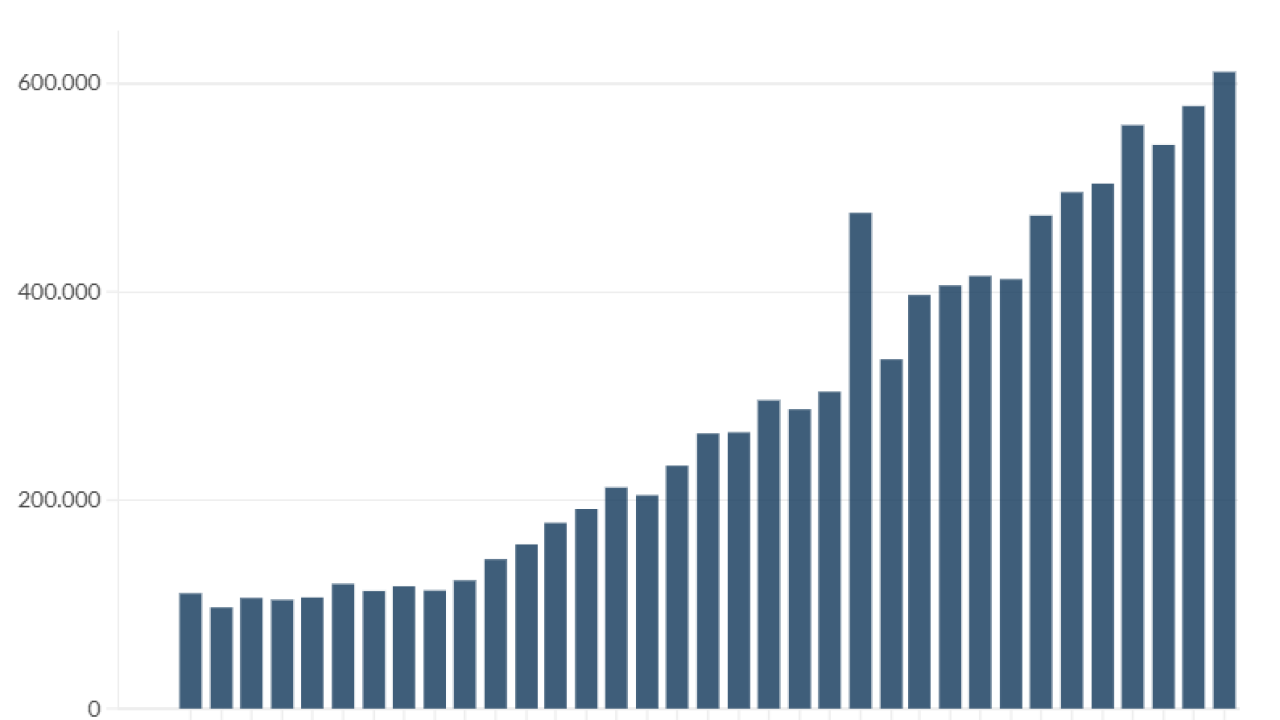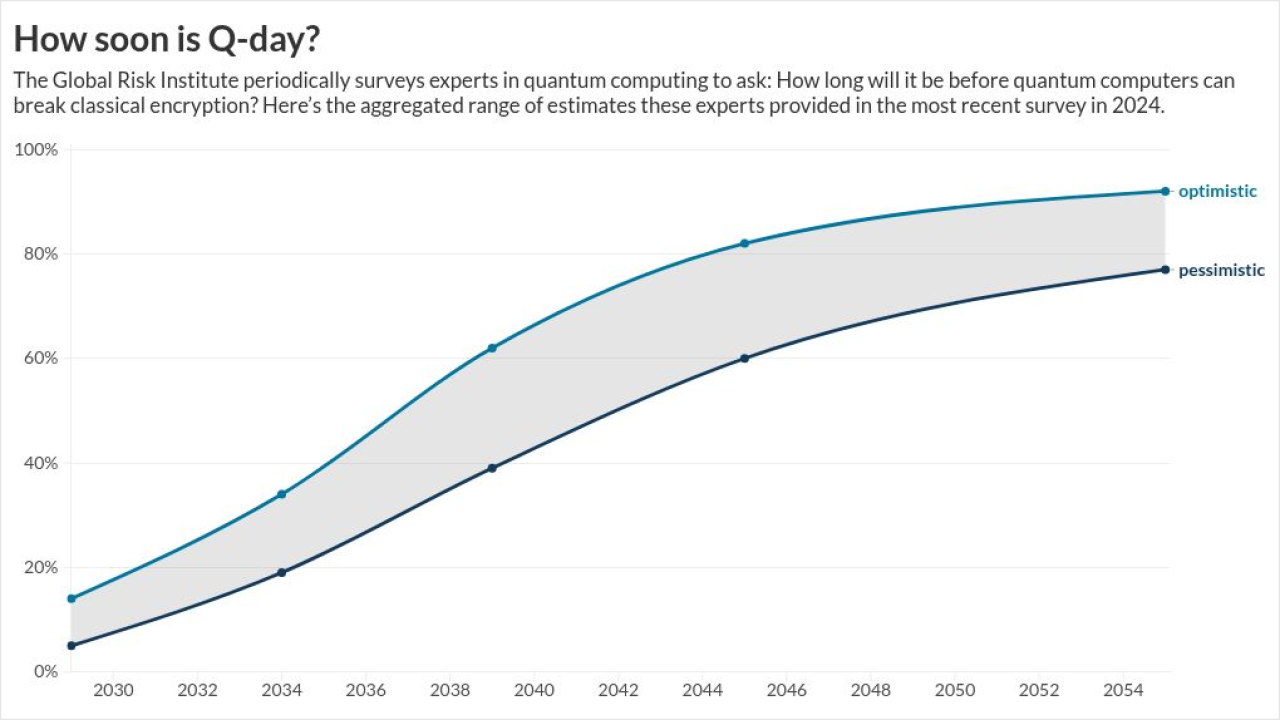Recently, Friends of Traditional Banking asked its members, allies and bankers around the country to make a direct contribution in support of the re-election of Sen. Jon Tester, D-Montana.
FOTB is a grass-roots group that has been encouraging their 24,000 members in all 50 states to contribute directly to two key congressional races each cycle. As chairman of FOTB, I can say that our support for Sen. Tester was an obvious decision. Bankers have been working to reform the Dodd-Frank Act for eight years, and Sen. Tester’s support and leadership on S 2155, the regulatory relief bill, was critical to its passage earlier this spring.
FOTB focuses solely on one issue: a candidate’s advocacy and support for traditional community banking. We analyze the actions and reactions in Congress with the help of leading political advisers from our national trade associations and Washington insiders. We only look at issues and positions that affect traditional community banking. We then select two candidates to support in each election cycle who have a proven record of strong advocacy for community banking or who are running against a known opponent of community banking. By focusing thousands of donations from bankers across the nation into two races, we have a powerful impact on the results. Our success to date in key elections is proof. We've collectively sent hundreds of thousands of dollars to help the successful races of Sens. Dean Heller, R-Nev., in 2012, Joni Ernst, R-Iowa, and Cory Gardner, R-Colo., in 2014, and Pat Toomey, R-Pa., and Rob Portman, R-Ohio, in 2016.

Regardless of a candidate’s party affiliation or position on other important issues, we seek to promote and preserve traditional community banking in America. Now more than ever, doing so requires a bipartisan approach. The historic and bipartisan victory on regulatory reform is proof of this reality.
To those who may have concerns about supporting Sen. Tester because they disagree with his other votes on nonbanking issues, I can only make this observation: Regardless of Sen. Tester’s vote on Supreme Court nominees and taxes, Gorsuch is on the Supreme Court and tax reform passed. However, without the senator’s bipartisan leadership and support on S 2155 — critical to the long-term viability of community banks — that bill would likely not have passed.
In the end, every banker has to make his or her own decision about whether or not to support the candidates that FOTB recommends. However, if a community banker is reluctant to support a candidate based solely on that candidate’s party affiliation, I have to ask: If not now, then when?
If bankers do not support a Democrat like Tester during an election year after he stood up to people like Elizabeth Warren, can the industry ever support a candidate in a bipartisan way for the betterment of traditional community banking?
All eyes are on bankers this election cycle, and the stakes could not be higher. With the recent bipartisan passage of S 2155, many are watching to see how our industry will react — with gratitude or indifference. If community bankers do not show unity of purpose now, it could devastate our political influence for the next decade and beyond.
Community bankers must work to save the industry and individual bank franchises, and this will require gathering friends of traditional banking from both sides of the aisle.
Regardless of whether community bankers consider themselves Democrats or Republicans, it’s clear that if the industry doesn’t set aside partisanship when it comes to issues that affect the long-term viability of traditional banking, then it most certainly will die as an industry within the two camps.





